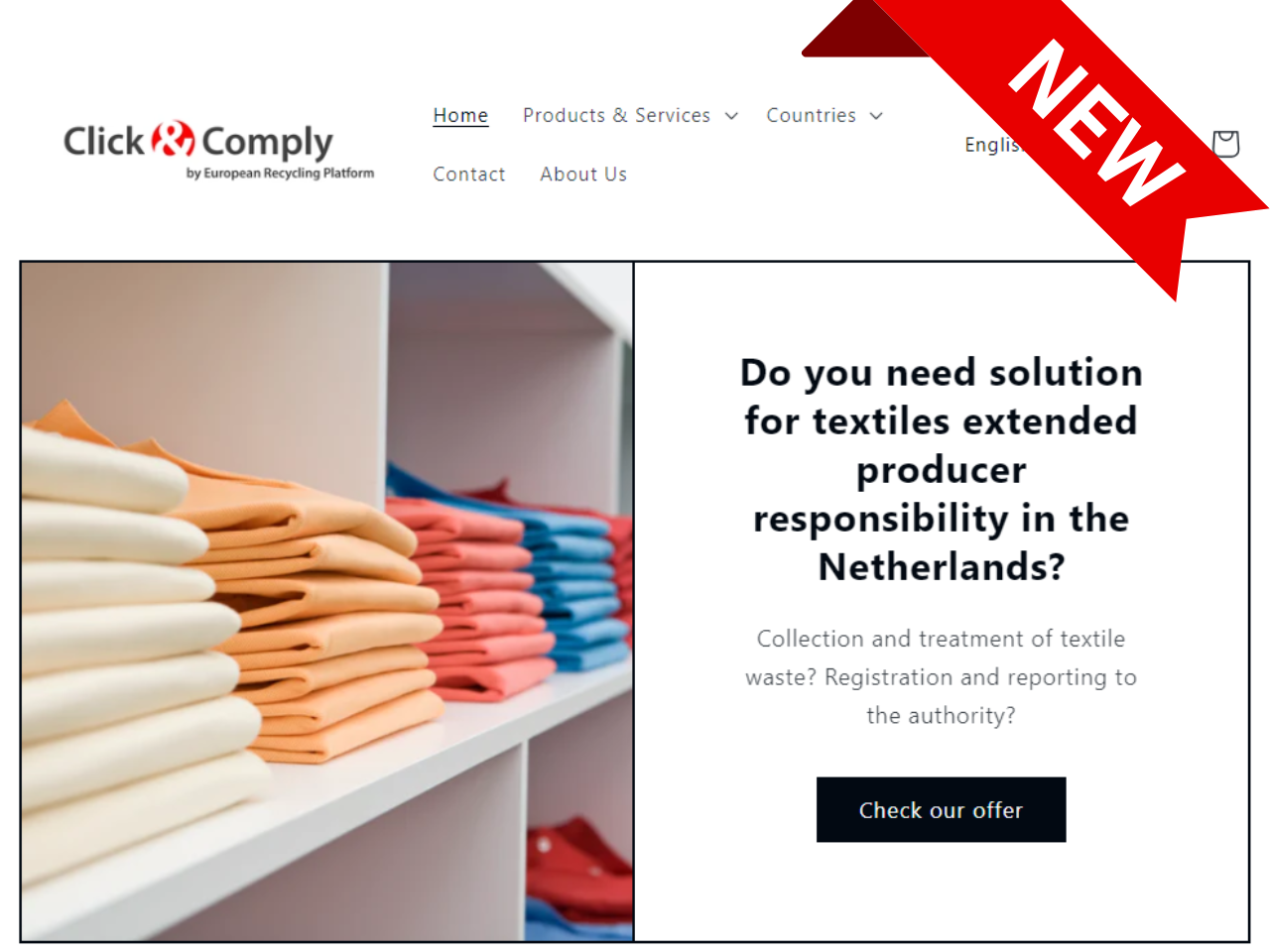What are the latest developments concerning environmental legislation globally? We’ve picked out some highlights for you for July 2022.
ERP shares position paper on PPWD with European Commission
European Parliament to enter summer break
Just like many national parliaments, the European Parliament is about to start its summer break. Ongoing legislative processes, such as the Battery Regulation or the Waste Shipment Regulation, on which we have reported regularly in previous issues of COMPASS, will not be advanced further over the next weeks.
In mid-September, the Parliament will return – and with it our regulatory updates.
Things will also become quieter in the European Commission – although there is no official summer break here.
Preparations for upcoming legislative initiatives such as the revision of the Packaging and Packaging Waste Directive (PPWD) will therefore continue.
Supporting this process, Landbell Group company European Recycling Platform (ERP) has just published a position paper, which it has shared with the European Commission.
The paper focuses on the criteria and processes for the modulation of packaging EPR fees, as well as the necessary alignment with the upcoming packaging essential requirements, as laid down in the PPWD.
These obligatory design requirements are being recast and will create a new baseline for the criteria of the packaging fee modulation.
Read the position paper here.
Eco–design soon required for all products?
European Commission is working on extending the requirements to most goods
The eco-design requirements, which set minimum standards for the design of certain products, could soon apply to almost all physical goods placed on the market in the European Union.
This is according to the European Commission’s proposal for a “regulation establishing a framework for setting eco-design requirements for sustainable products”, which was presented at the end of March (see April’s COMPASS). Only a few product groups such as food or medicinal products are to be excluded.
The new regulation is to lay down requirements for the following design aspects, which are to be specified by the Commission in delegated acts:
- product reusability
- product upgradability, reparability, maintenance, and refurbishment
- the presence of substances of concern in products
- product energy and resource efficiency
- recycled content in products
- product remanufacturing and recycling
- products’ carbon and environmental footprints, and
- products’ expected generation of waste materials
The new regulation shall also introduce a digital product passport, establishing green criteria for public procurement and preventing unsold consumer products from being destroyed.
EU’s textile strategy: a bold step
European Commission plans harmonised EPR rules for textiles
The European Commission is aiming for a harmonised legal framework for the planned introduction of extended producer responsibility (EPR) for textiles, according to a statement made by a representative of the Directorate-General for Environment during a debate in the European Parliament’s Environment Committee on the Commission’s textile strategy, which was presented in March.
The EPR regulations are to be implemented within the upcoming revision of the waste framework directive (see article below).
It is also planned to introduce modulated fees based on environmental criteria to incentivise manufacturers and brands to design their textiles with circularity in mind.
The overall goal is to ensure that textiles last longer and are easier to recycle, reuse and repair. This, in turn, should reduce resource consumption and improve the recovery of valuable materials.
In addition to the introduction of EPR, the Commission is also considering stricter design and information requirements.
How would you improve waste management?
Take part in the ongoing public consultation on the waste framework directive
The European Commission is working on a revision of the waste framework directive aimed at strengthening the re-use of products and improving the separate collection of waste (see March’s COMPASS).
To consider the experience and expertise of companies, associations and other stakeholders, the Commission opened a public consultation at the end of May.
Interested parties can submit their opinion by filling out a comprehensive online questionnaire. The consultation will run until 16 August.
Landbell Group company European Recycling Platform has already submitted a position paper on the waste framework directive in February and will also participate in the ongoing consultation.
Sign up for our monthly
report COMPASS here:
Your email












